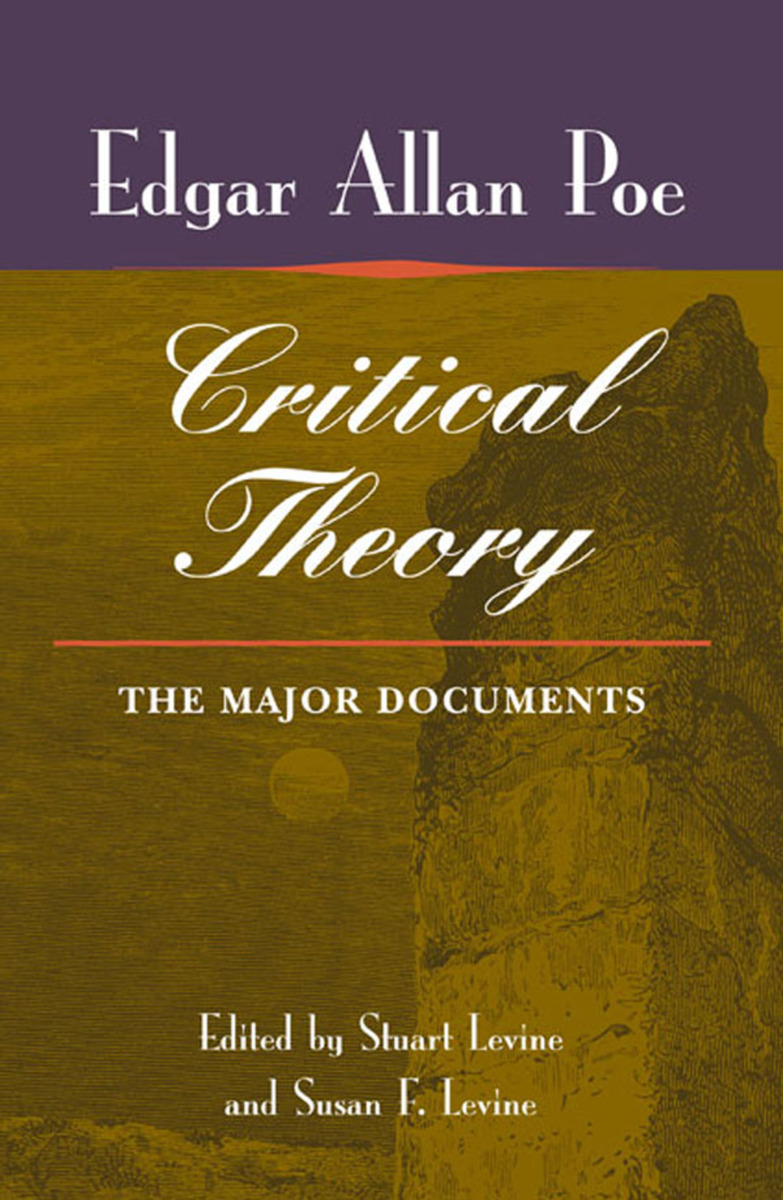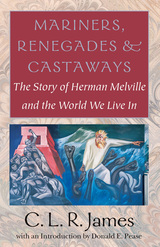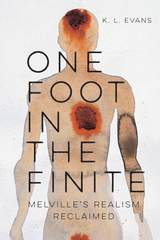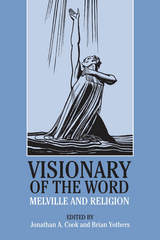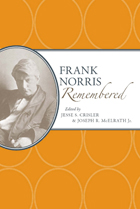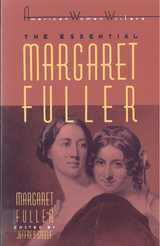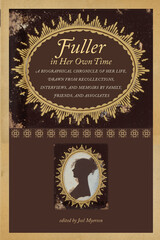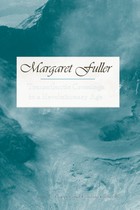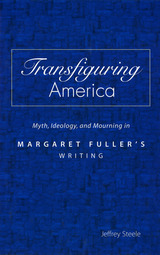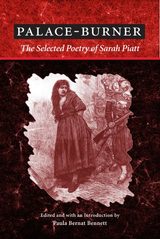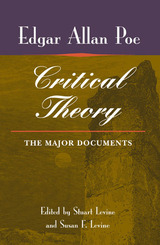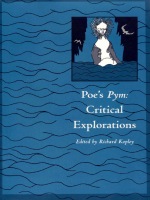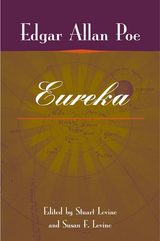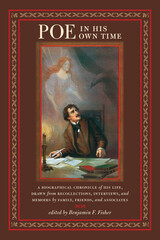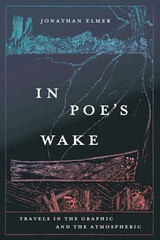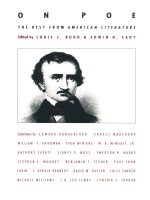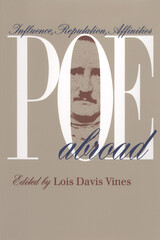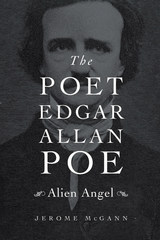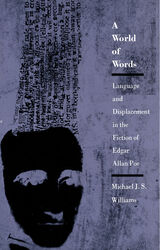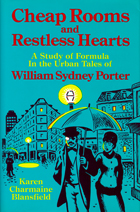Poe's Critical Theory: THE MAJOR DOCUMENTS
University of Illinois Press, 2007
Cloth: 978-0-252-03123-6 | eISBN: 978-0-252-09172-8
Library of Congress Classification PS2602.L48 2009
Dewey Decimal Classification 818.309
Cloth: 978-0-252-03123-6 | eISBN: 978-0-252-09172-8
Library of Congress Classification PS2602.L48 2009
Dewey Decimal Classification 818.309
ABOUT THIS BOOK | AUTHOR BIOGRAPHY | REVIEWS | TOC
ABOUT THIS BOOK
Edgar Allan Poe’s reputation as an enduring and influential American literary critic rests mainly upon the pieces in this edition. Editors Stuart Levine and Susan F. Levine provide reading texts, detailed explanatory footnotes, variant readings, and introductions to show context. They also face frankly the contradictions in Poe’s critical dicta. Poetry is for pleasure, not truth, Poe says, but argues that poetic inspiration leads to truth. Great works, Poe says, result from studied calculation, but also from irrational, supernal sources. Both biting critic and doughty defender of American artistic achievement, Poe was contemptuous of democratic art, except when he manned the barricades in its defense. Critical Theory highlights such conflicting ideas and suggests why they are present.
This edition shows that what is consistent in Poe is not any single theory. Rather, always present are wit, playfulness, concern for the strong effect, a bin of recyclable allusions, anecdotes and quotations, and a writer’s discipline. His writing on theory is of a piece with his fiction, poetry, and journalism. The Levines explain how these pieces also tie in tightly to the social, political, economic, and technological history of the world in which Poe lived.
This edition shows that what is consistent in Poe is not any single theory. Rather, always present are wit, playfulness, concern for the strong effect, a bin of recyclable allusions, anecdotes and quotations, and a writer’s discipline. His writing on theory is of a piece with his fiction, poetry, and journalism. The Levines explain how these pieces also tie in tightly to the social, political, economic, and technological history of the world in which Poe lived.
See other books on: 1809-1849 | Levine, Susan | Levine, Susan F. | Poe, Edgar Allan | Theory, etc
See other titles from University of Illinois Press
